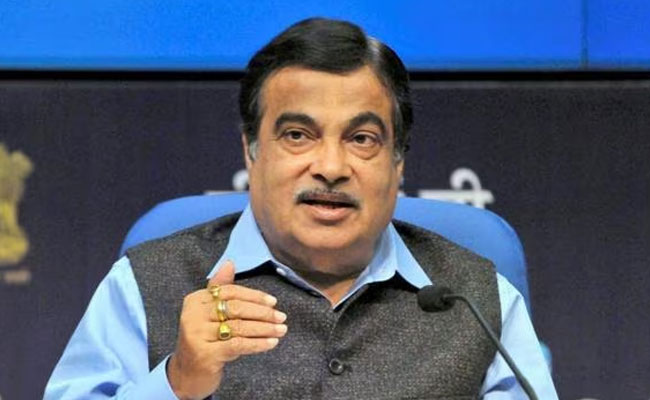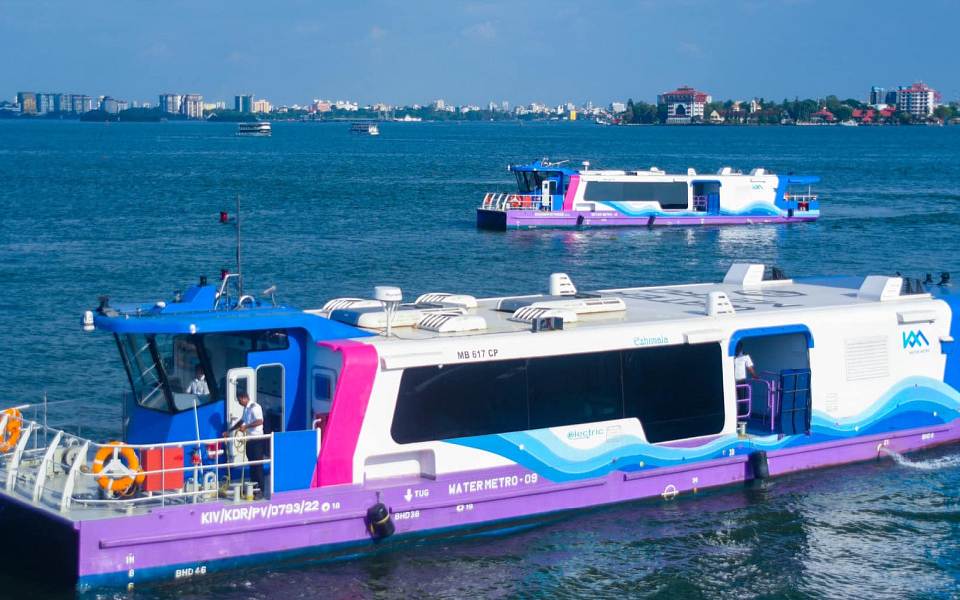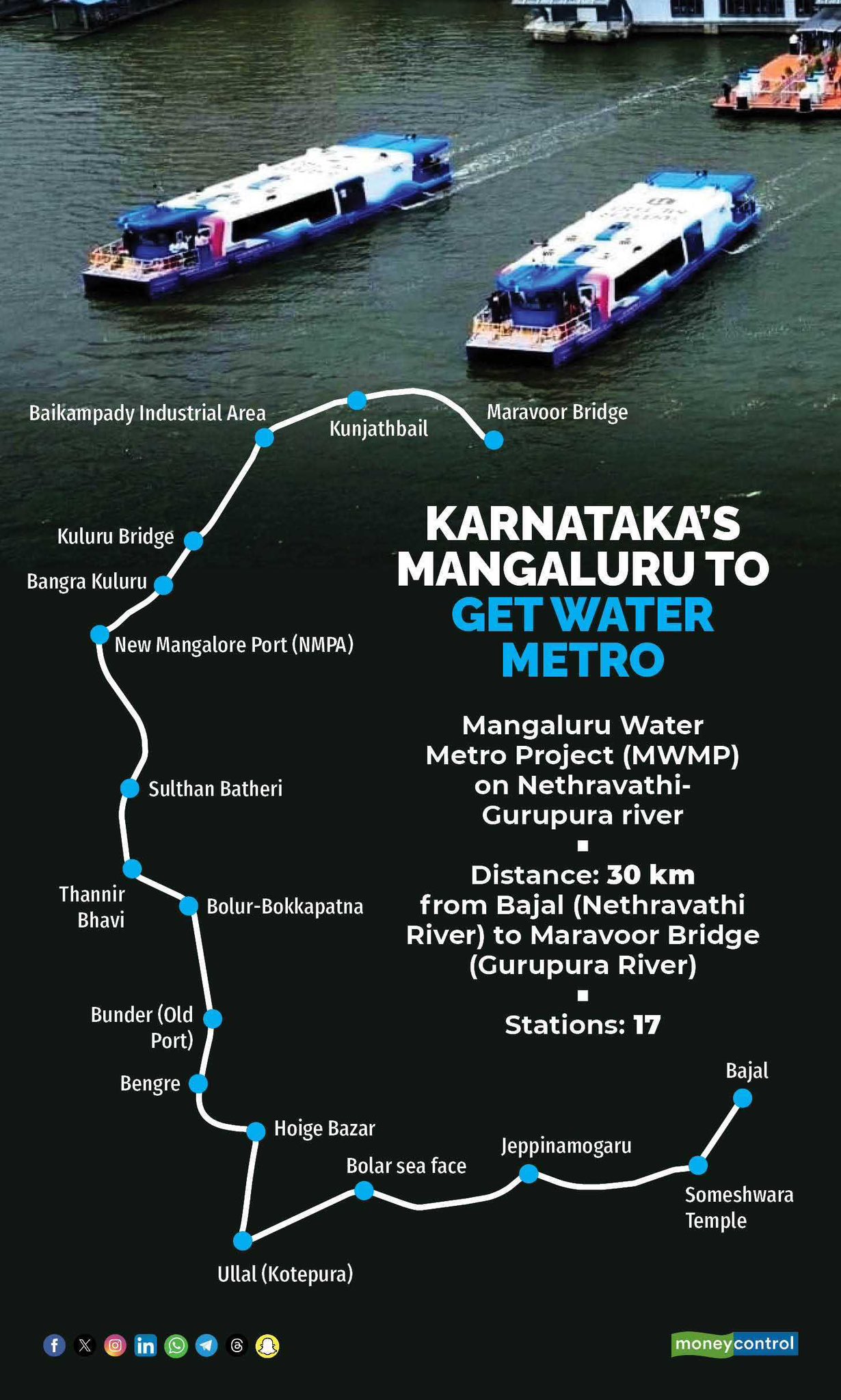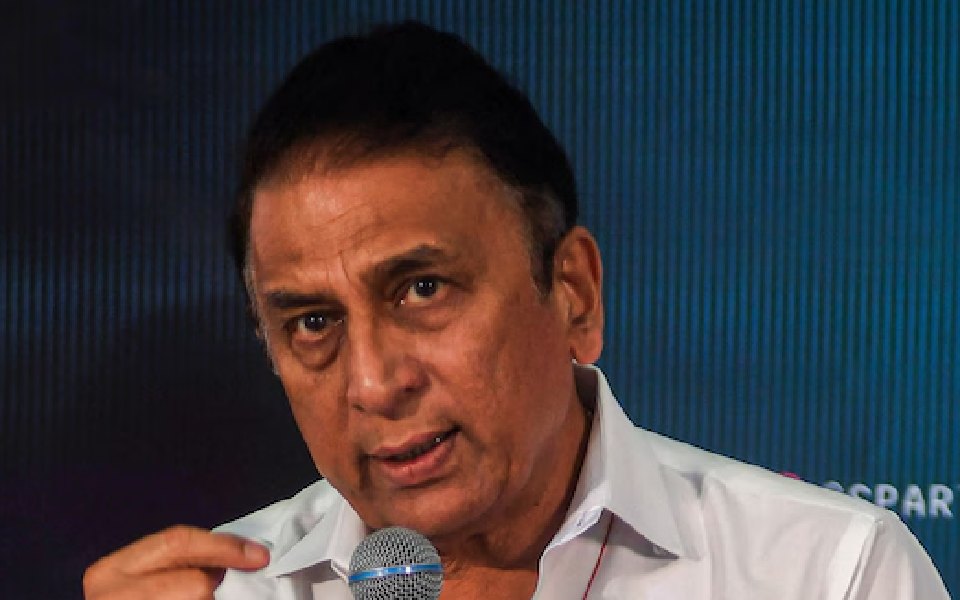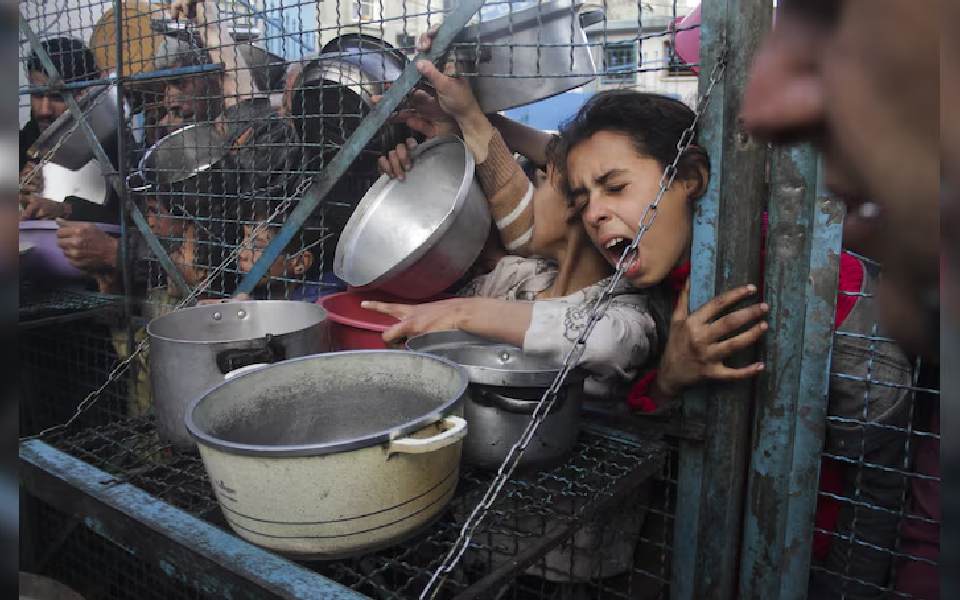New Delhi (PTI): Union Minister Nitin Gadkari on Tuesday said he will seek a "pollution tax" in the form of additional GST of 10 per cent on diesel vehicles and gensets in order to cut down on air pollution.
Speaking at the 63rd Annual SIAM convention here, the Union Road Transport and Highways Minister said the rising level of pollution is a health hazard for citizens.
"I am going to handover a letter to the Finance Minister this evening stating that an additional 10 per cent GST be put on diesel-powered vehicles," Gadkari said.
Most of the commercial vehicles in the country currently run on diesel.
In the passenger vehicle segment, various carmakers including Maruti Suzuki India and Honda have already stopped manufacturing diesel cars.
Gadkari said the contribution of diesel cars has already come down drastically in the country and the manufacturers need to stop selling them in the market.
Terming diesel as a hazardous fuel, he noted that the country has to import the fuel to meet the demand.
"Say goodbye to diesel... Please stop making them, otherwise we will just increase the tax so much that it would become difficult to sell diesel cars" Gadkari said.
He said he will propose additional GST on diesel-powered generators as well.
Automobiles are currently taxed at 28 per cent GST, with additional cess ranging from 1 per cent to 22 per cent depending on the type of vehicle.
SUVs attract the highest GST at the rate of 28 per cent along with a compensation cess at 22 per cent.
Gadkari also asked the industry to focus on environment-friendly alternative fuels like ethanol.
He also asked the industry to focus on green hydrogen.
Let the Truth be known. If you read VB and like VB, please be a VB Supporter and Help us deliver the Truth to one and all.
Mangaluru (Karnataka), Nov 4: After being endowed with multi connectivity facilities like three national highways, port and airport, Mangaluru city is now looking at a significant move towards sustainable urban mobility as the Karnataka Maritime Board (KMB) has announced plans for the Mangaluru Water Metro Project (MWMP), officials said on Monday.
This ambitious initiative aims to transform public transportation in the state, utilising National Waterways to connect areas along the Nethravathi (NW-74) and Gurupura (NW-43) rivers, they said.
Set to become India's second-largest water transport system after Kochi, the project promises an eco-friendly, economical and efficient mode of travel, the officials said.
According to officials, the MWMP will connect isolated communities from Bajal to Maravoor, enhancing accessibility and promoting the holistic development of these regions. The initiative is expected to boost local livelihoods and improve the standard of living through integrated transport networks.
According to the project report available with PTI, the MWMP will be rolled out in phases, with the initial stretch covering 30 kilometres along the Nethravathi and Gurupura river backwaters.
The priority route, beginning at Bajal on the Nethravathi and extending to the Maravoor Bridge on the Gurupura, will feature around 17 modern Metro stations.
Key locations such as Someshwara Temple, Ullal and the New Mangalore Port are included in the proposed route. State-of-the-art electric and diesel catamaran boats will be deployed, equipped with essential amenities to ensure a high standard of comfort and operational efficiency.
A comprehensive Feasibility Report (FR) will assess the project's viability, presenting a detailed cost-benefit analysis, market potential, operational strategies and environmental considerations.
"The report will objectively evaluate the project's merits and challenges, providing crucial information for decision-makers, stakeholders and investors," they said.
Officials in the port and fisheries subdivision told PTI that key areas of analysis has been based on assessing the potential to decongest old port areas, exploring the feasibility of cargo movement using Roll-on/Roll-off (Ro-Ro) water metros, examining water level variations influenced by tidal flows, integration with feeder services to ensure seamless last-mile connectivity, demand forecasts over a 25-year period, based on extensive socio-economic research of usage and utility of the MWMP.
The project's Terms of Reference (ToR) emphasise sustainable development, involving thorough site identification, user demand assessments and environmental impact studies. Comprehensive surveys such as LIDAR mapping, bathymetric studies and topographical analysis will ensure accurate planning and implementation, the officials told.
Furthermore, technical collaborations with national institutes of repute will support studies on wave tranquillity, vessel height clearance and infrastructure recommendations for jetties and repair facilities, they said.
A detailed environmental monitoring programme will assess air and water quality, noise levels and aquatic biodiversity in line with Ministry of Environment, Forest, and Climate Change (MOEF&CC) guidelines, the officials added.
The officials of the Maritime Board said the MWMP promises significant economic and environmental benefits, from easing traffic congestion to reducing air pollution. The project will also explore non-fare revenue streams and develop models to ensure financial sustainability.
A socio-economic impact assessment will measure the project's contribution to regional development, backed by projected revenue from passenger fares and ancillary services, a senior official said.
The Board also aims at championing cleaner and greener transportation and to set a precedent for sustainable urban mobility, positioning Mangaluru as a progressive city that leverages its waterways, he added.

